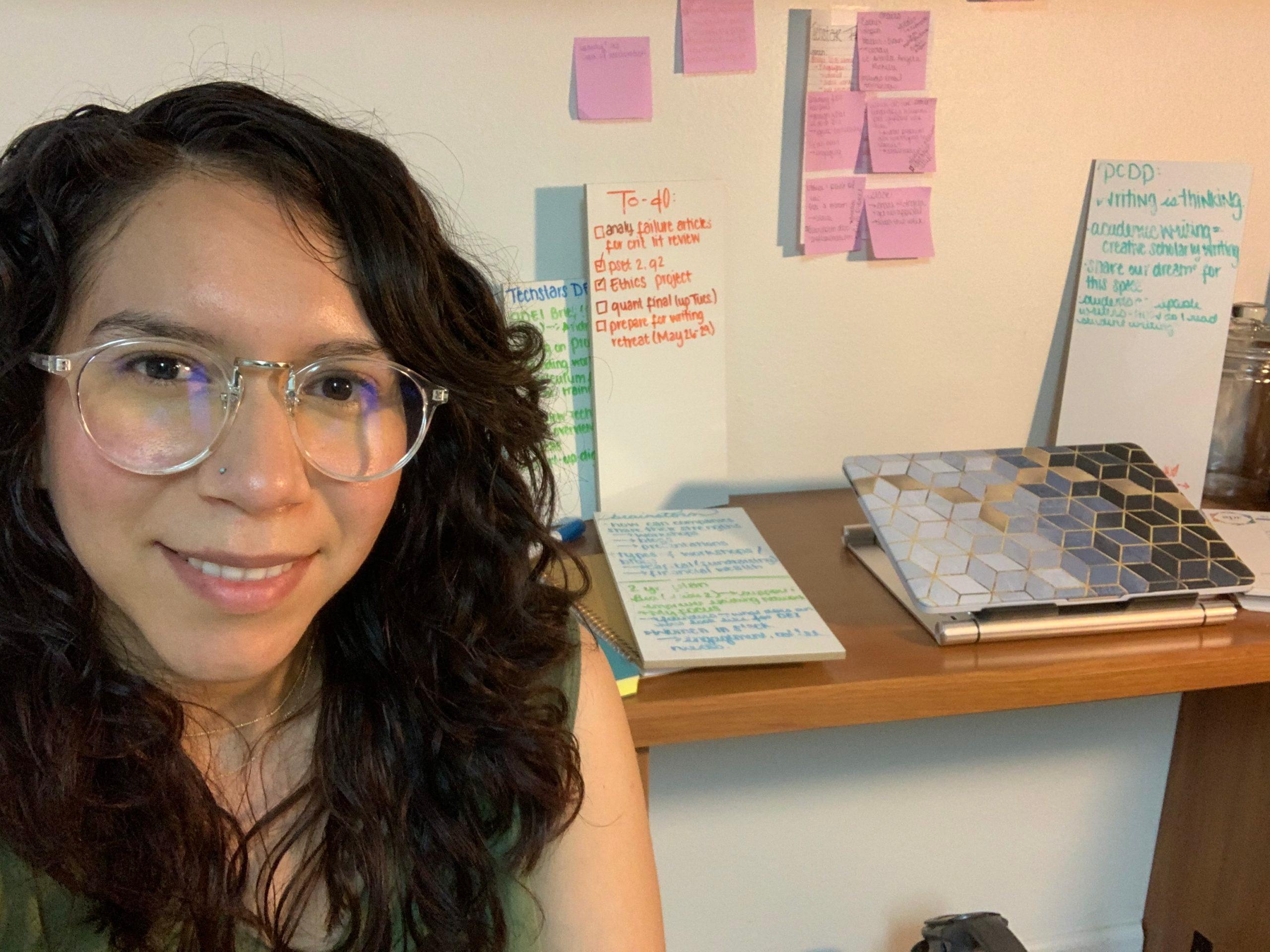
The formative summer internship looks a lot different under COVID-19 across Colorado and the country.
Summer interns aren’t preparing to fetch coffee or file paperwork. Instead, they’re getting ready to log on to their computers for a day of virtual work from home.
“We’re definitely seeing industries get hit disproportionately,” said Katie Flint, director of Employer Connections and Operations at Colorado State University’s Career Center.
Flint said from her vantage point at CSU, about one-third of internships have been canceled, another third have moved online. And in the rest, employers are still trying to decide what to do.
Summer internships provide critical work experiences and skills that students simply can’t learn in the classroom. According to Flint, it’s industries like car rental agencies and hotel companies that have rescinded the most offers.
CSU junior Katheryn Quintero knows what that was like firsthand.
She remembers the day she found out her summer internship was canceled. As a first-generation college student, she was excited about doing event planning for a large international hotel chain.
“I was so ready to start,” remembers Quintero. But it wasn’t a surprise given that one in 10 jobs in Colorado have been erased by the coronavirus.
Now Quintero’s on Plan B, a summer job on the CSU campus.
“I’m hopeful that I’ve made those [hospitality] connections, and they’re strong enough that they’ll kind of keep me in mind if an opportunity arises in the future,” Quintero said.
Taking Internships Remote
In contrast to canceled summer internships in the hospitality industry, government jobs, education work and tech companies have all moved internships online. Hewlett Packard Enterprise Chief Talent Officer Alessandra Ginante said summer internships are a vital pipeline for the organization. There was no question for HPE about whether to cancel internships, it was a question about how to move forward.
“We wanted to design a program that keeps the same outcomes, the same connectivity, the same sense of belonging and also the same learning opportunities without physical interaction,” Ginante said.
HPE kicks off its summer internship program in North American next week. Each of its 400 interns gets a laptop shipped to his or her doorstep. Interns will have clear-cut job assignments and regular check ins with their managers. But Ginante said she’s also planning something new: weekly surveys to pinpoint what’s working and not working for the intern group.
“Eventually when we can get back together, I’m sure we’ll have a hybrid approach,” said Ginante who expects to continue virtual internships in the future. “I don’t think our internship program will ever be the same traditional one again.”
This new flexibility for doing internships remotely excites those who have long advocated for a more diverse workforce, particularly in science, technology, engineering and math fields. On-location internships have always been a barrier for women with strong family commitments or insufficient funds to travel cross country for a few months of living.
“The work experience that one garners during an internship is priceless,” said Raquel Tamez, CEO of the Society of Hispanic Professional Engineers.
The Bad And The Good Of Virtual Work
The Society of Hispanic Professional Engineers, along with groups like AnitaB.org, wrote an open letter to tech employers asking them to consider alternatives to canceling the summer internship. It suggests ideas like postponing internships to the summer of 2021, offering webinars or other forms of mentorship in exchange, or providing letters of support that would-be interns could use to gain employment elsewhere.
Tamez suggests that if employers don’t rise to the challenge this summer, the future diversity of the country’s talent pool could be at stake.
“There are specific examples of when there is a lack of diversity and how that impacts the certain development of products and services,” she said. “For example, if you have an all-white male team coding certain algorithms that impacts the outcome of the data.”
There are other benefits to moving work online, too. University of Colorado Boulder Ph.D student Beatriz Salazar saw her internship transition online in March during Colorado’s stay-at-home order. She said it was disappointing at first, but she found advantages to having a dedicated workspace at home.
“I have white boards everywhere. And I get to keep them there versus when I was going into the office, I would have to pack everything back up,” Salazar said.
Salazar will continue her work at Boulder-based technology accelerator Techstars through the summer. Her focus is on enhancing diversity, equity and inclusion. She said if summer internships online are successful, it could give both students and employers a chance to move beyond fetching coffee and filing papers.
“You’re allowing space for those interns to contribute significantly, and in a way that’s meaningful,” said Salazar. “So you might come up with new ideas.”
COVID-19 Could Change Career Paths
And while students could get more meaningful experiences out of virtual internships, some students could chart entirely new career paths due to COVID-19. Assistant Developer for Internship Development at CU-Boulder Dylan Mark said students with canceled internships may be more likely to seize volunteer opportunities created by the coronavirus close to home. That could mean more people entering the health field.
“It’s too early to say for sure, but I think that students are seeing what’s happening with the pandemic and may be interested in fields that might be able to serve the situation,” he said. “There are a lot of students who are interested in helping out the world.”
As for CSU student Quintero, she’s still excited about a career in the hospitality industry. She wants to pursue a career where she helps people on vacation feel at home in Colorado. It may take longer for her to get on that career path. But she’s hopeful the right experience will come along.
“It’s really about what you’re passionate about,” she said. “You really just have to be patient with yourself and tell yourself ‘I can do this. I’m here for a reason. It may not always be perfect, but I’m going to get through this.’ ”








